Affiliate links on Android Authority may earn us a commission. Learn more.
Would you give up a little privacy for the fight against COVID-19?
April 2, 2020
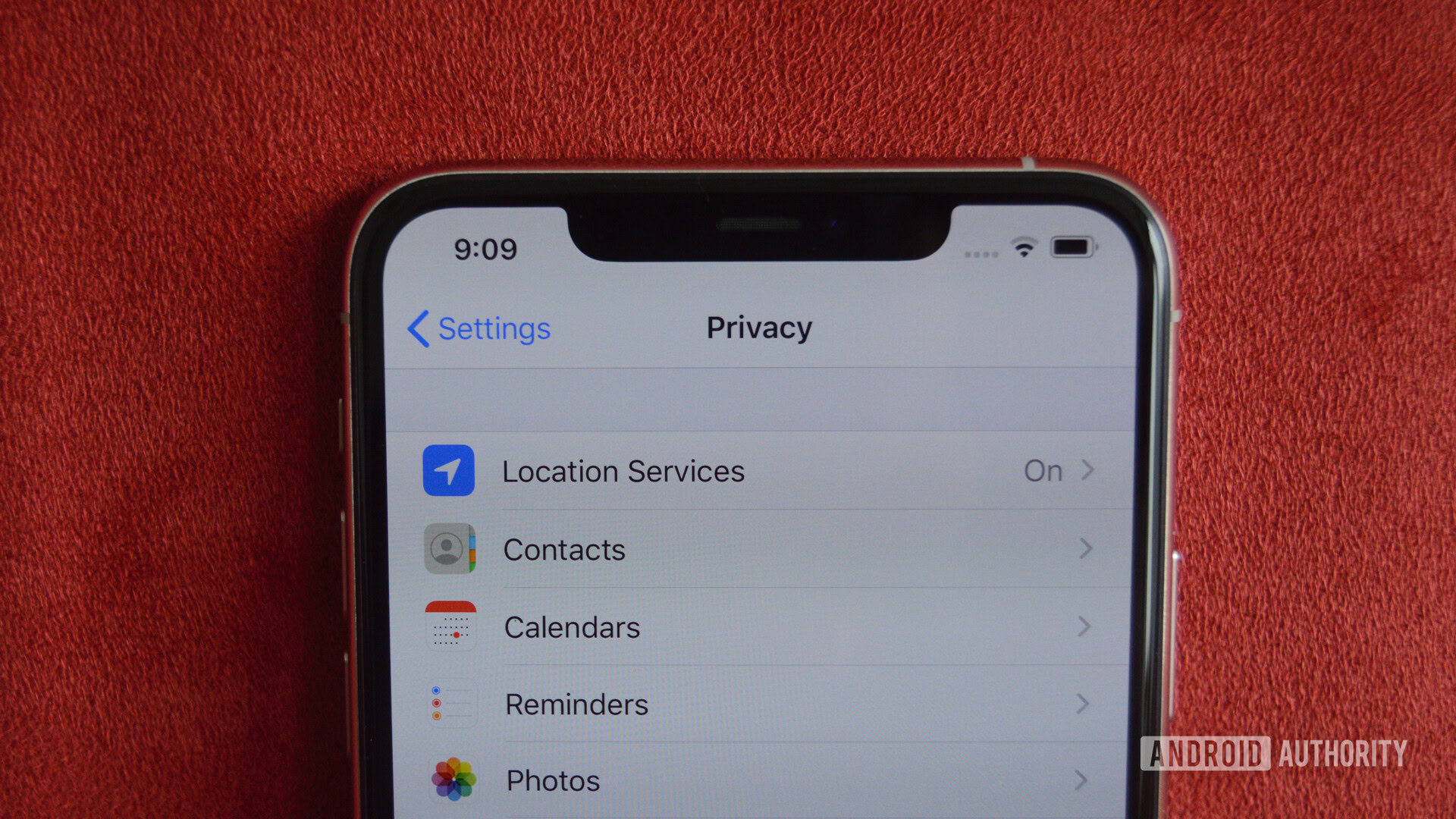
The novel coronavirus outbreak is already having a profound impact on the world economy, but the most lasting effects might be on daily lives around the globe.
Read also: Coronavirus pandemic: How will it impact the mobile industry?
In an effort to stem the spread of the virus, governments around the world are shredding privacy laws to access citizens’ location data and more. In some cases, these digital surveillance tools have helped slow the spread of COVID-19, but is the loss of privacy too big a price to pay?
Global responses
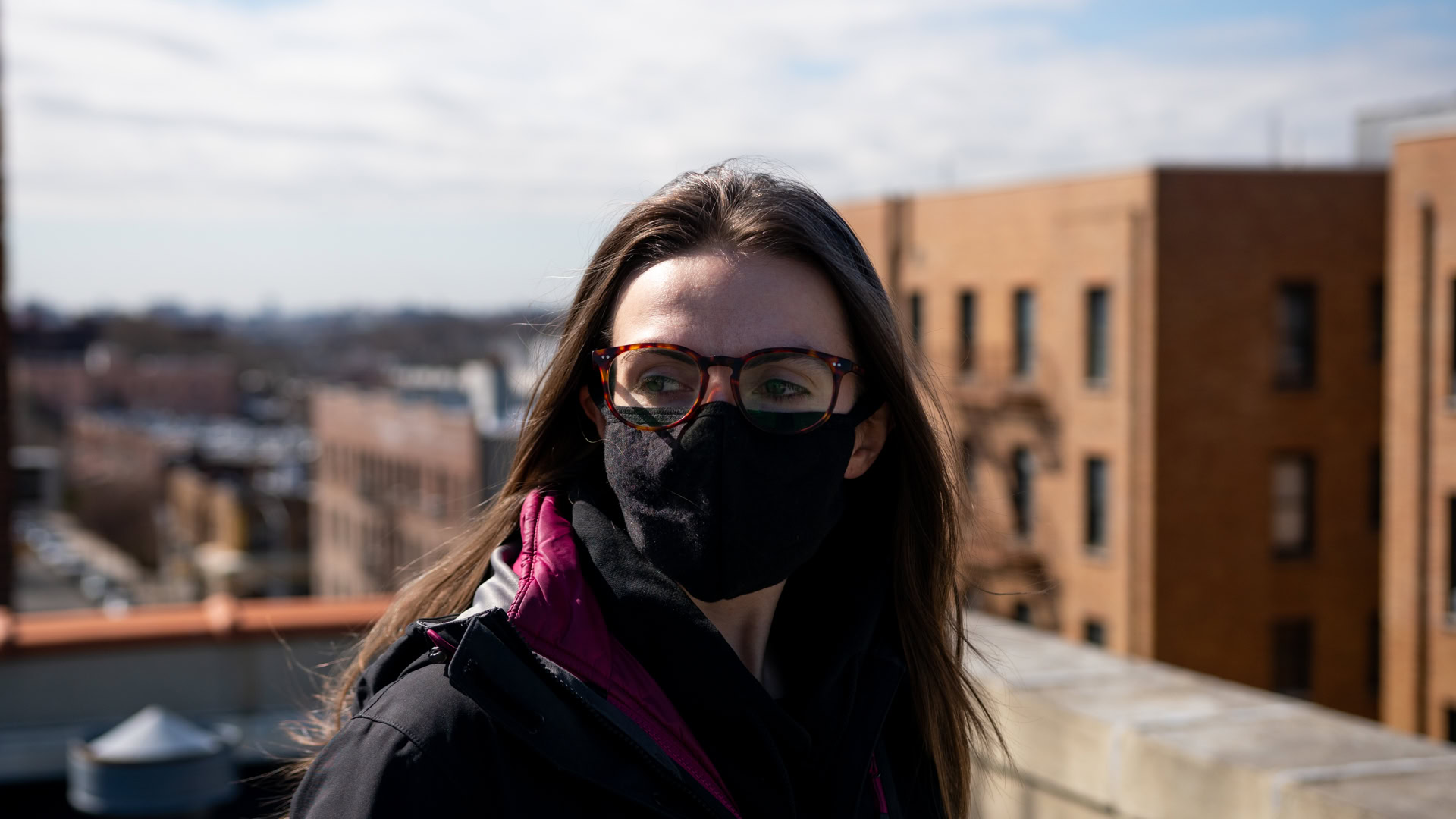
Although many of us have undoubtedly been glued to the news while stuck at home for the past few weeks, it can be hard to keep track of how different countries around the world have reacted to the virus. It’s no surprise that China enacted strict digital surveillance in the early COVID-19 hotspot Wuhan, but here’s a quick breakdown of how a few other countries have reacted to the outbreak.
South Korea
South Korea implemented one of the fastest and most effective programs to fight the spread of the coronavirus, but it didn’t go off without concerns over privacy. Aggressive contact tracing methods used by officials can pinpoint each location an infected person visited by combining private data from tech and credit card companies, surveillance camera footage, and face-to-face interviews.
South Korea's methods were expansive and intrusive, but have also proved effective in stopping the spread of COVID-19.
At first, detailed maps of locations visited, including when infected people left for work, where they changed subway lines, bars or restaurants they visited, and when they were or were not wearing a mask were made public online. It didn’t take long for South Koreans to figure out the identities of the infected, spreading wild rumors of insurance fraud or extra-marital affairs.
Self-quarantined citizens are also required to download an app that tracks their location to ensure they abide by the rules of the quarantine. Failure to do so can result in fines of up to $2,500.
Korea’s response might seem extreme, but much of it is a reaction to criticism over how it handled the 2015 MERS outbreak. At that time, the government came under fire for withholding information, prompting it to revise laws regarding privacy in times of crisis. Although these efforts have been effective, a recent poll suggested that Koreans are more worried about backlash from having their private information revealed online than they are of getting the virus.
Singapore
Singapore’s Ministry of Health also took an aggressive approach to stopping the spread of the virus. It publishes frequent updates on its website, often including personal information of the infected. One entry from February 5 reads:
Case 28 is a six month-old male Singapore Citizen who is the child of Cases 19 and 27. He was tested positive for 2019-nCoV infection on 5 February at about 2pm, and is currently warded in an isolation room at KK Women’s and Children’s Hospital.
Instead of confining citizens to their homes, Singaporean officials took a different approach intended to minimize the effect on daily lives. An app, called TraceTogether, seeks to provide “community-driven contact tracing” by utilizing a phone’s Bluetooth connection to detect other nearby users.
This approach uses more battery (and requires the app to be persistently open on iOS), but it means the app doesn’t need to constantly track your location. This data is then kept encrypted on users’ phones, and the Ministry of Health will ask for consent before uploading it. If a user may have been in contact with an infected person, they are told when and where, but the identity of the other person is protected.
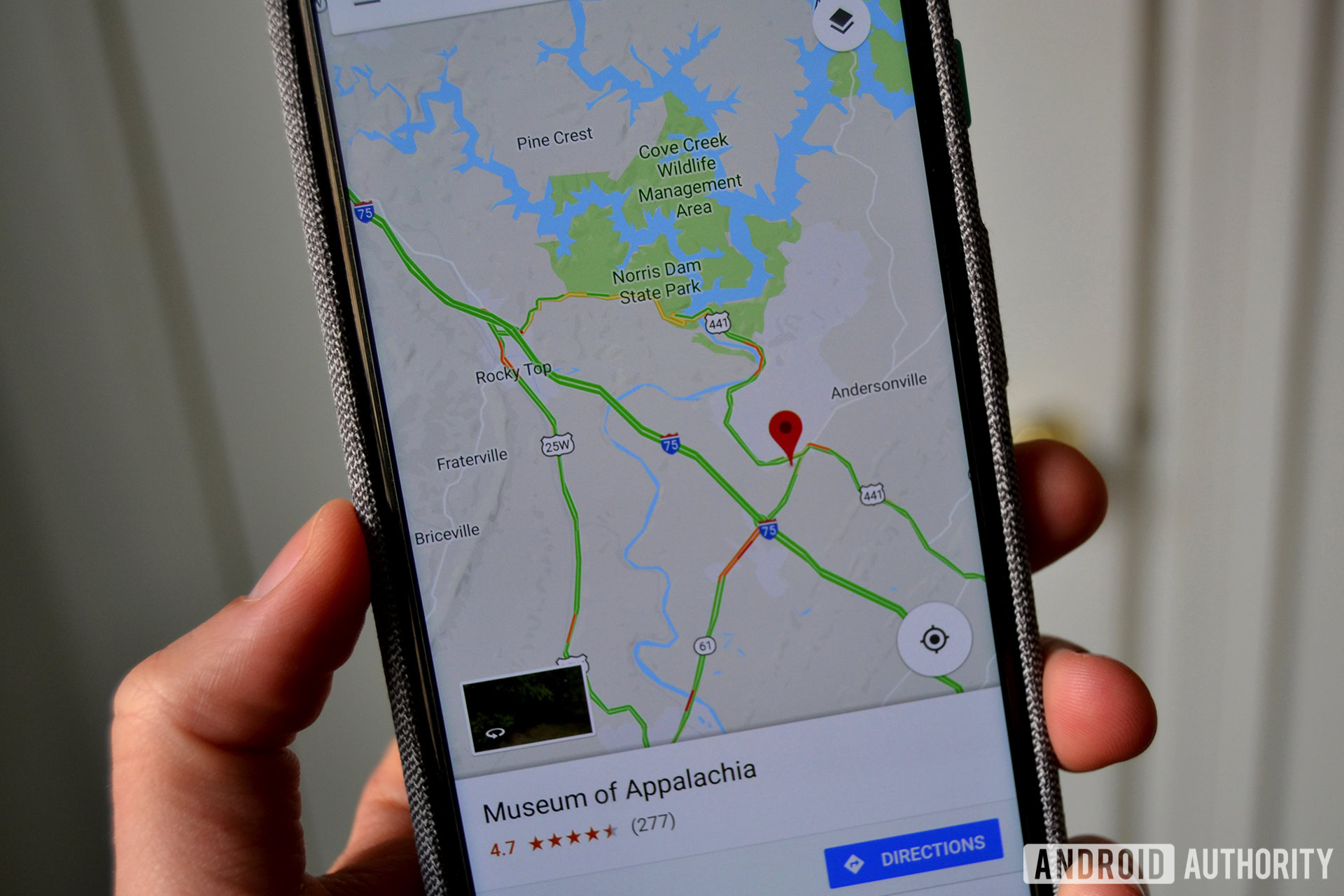
Israel
Israel, with its robust national security apparatus, is relying on much more direct snooping to track the spread of the virus. A law passed in mid-March allows officials to tap citizens’ phones and collect data without a court order, although data must be deleted within 30 days.
Even Israeli Prime Minister Benjamin Netanyahu called the measures “invasive” and stated that they “infringe on the privacy of those affected.” Still, he stressed that they are necessary to fight the “invisible enemy,” and the measures were enacted without a vote in the Israeli parliament.
These tools, which were previously used to fight terrorism, are only a part of Israel’s response to the coronavirus threat. Schools and shops have been closed, and public gatherings have been limited to 10 people. This kind of coordinated response is has proved effective in other countries, but civil liberties experts argue that it may become Israel’s “9/11 moment.”
Italy
Like most Western European countries, Italy has just barely tipped its toes into private citizen data in the name of public health. In order to enforce its nationwide stay-at-home order, officials used aggregated cell phone data to track how many people around the country are leaving their homes.
Recently the EU has teamed up with the telecoms industry to share anonymous location data across the region to track the virus. This works outside of European data regulation like the General Data Protection Regulation (GDPR), and has stoked concerns about centralizing mobile data despite promises that the data will be deleted once the crisis is over.
Although provisions are now ramping up across Europe, it could be argued that a stronger response from Italian officials could have saved lives as the death toll tops 12,000 in the country. Italy’s slow expansion of quarantine zones and its lack of data-driven contact tracing almost certainly aided the spread of the virus, overwhelming one of the best health care systems in the world.
There’s an app for that
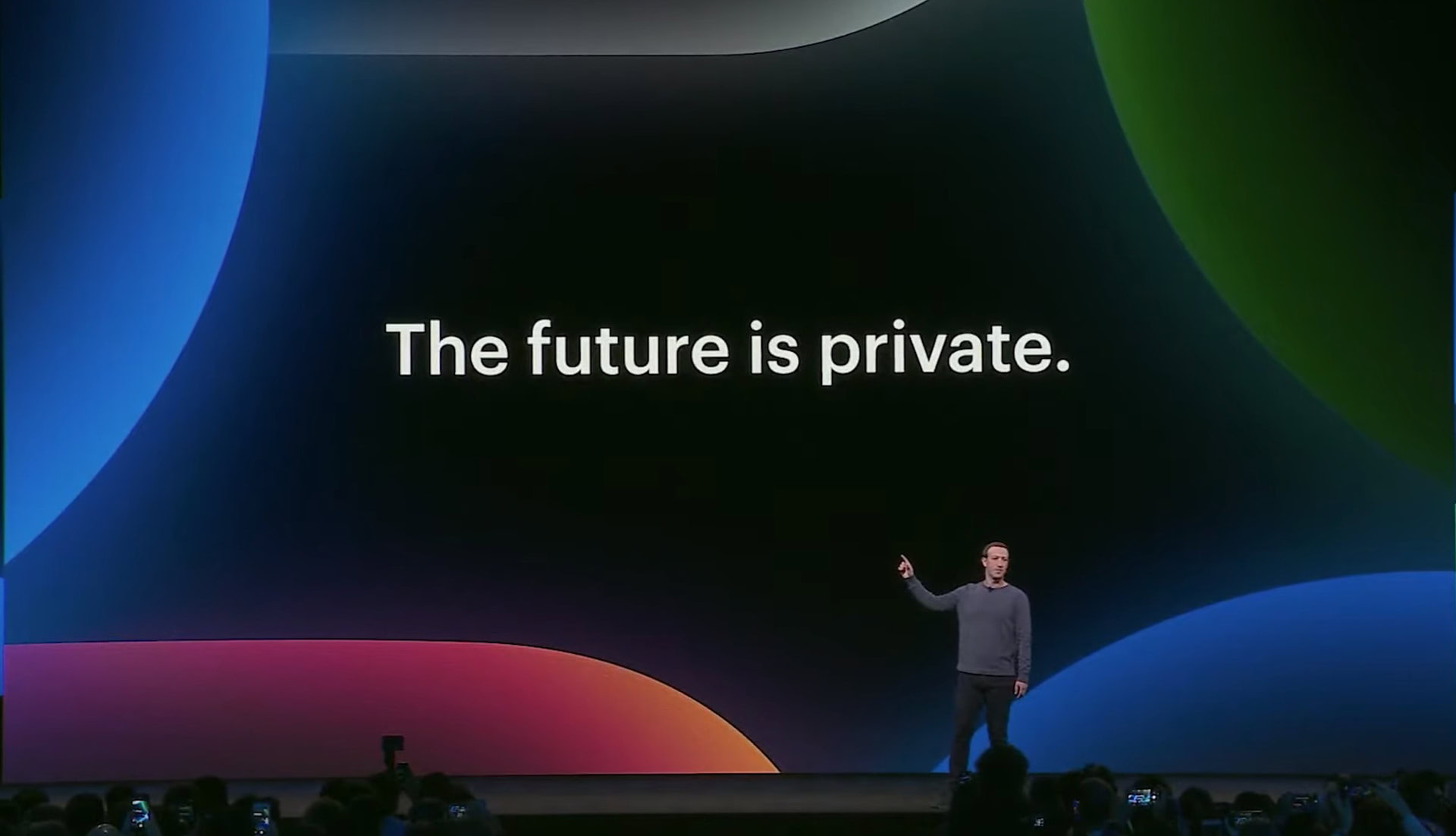
Apps, like the one developed by officials in Singapore, can provide an optional way for users to give up some privacy in order to be part of the solution to the crisis. TraceTogether, which is only available in Singapore, has racked up more than half a million downloads in less than a month.
Read also: 10 best privacy apps for Android to keep your anonymity intact!
Other countries, like most recently, the United Kingdom, are looking at similar approaches. Others, like Poland, are adopting the South Korean approach with an obligatory app to ensure citizens stay in their homes. The Polish app requires users to send selfies, which include location metadata, to officials when requested. Failure to do so within 15 minutes will result in a visit from the police.
These apps might be seen as intrusive, but they can provide real utility for the infected. The Polish app, for example, can also be used to request supplies and other help while in quarantine. Push notifications can also be used to spread accurate information, in a time when not even elected officials can be trusted sources of guidance.
Although privacy concerns over these apps are justified, it’s important to keep in mind that smartphone users are already being tracked by Facebook, Google, and a plethora of other (often pre-installed) apps. Even video chat apps have been criticized for data overreach. The only difference is that it’s now the government handling your data for the sake of public health, rather than Facebook for ads.
Gaining back privacy could prove difficult
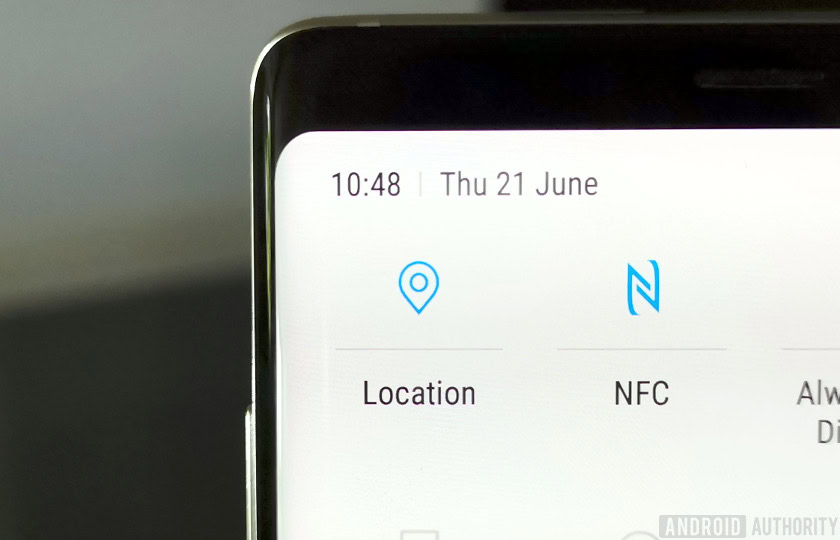
While it’s still too early to predict the long-term effects of COVID-19 countermeasures, looking to the past may reveal what’s to come. For Americans, stripping away privacy with the aim of fighting an invisible foe should immediately call back memories of the weeks and months following the 9/11 attacks.
In the two decades since the United States dramatically increased digital surveillance under the guise of fighting terrorism, law enforcement agencies have only increased their capability to track and monitor citizens. The original provisions, which were set to expire in 2005, have nearly all been renewed by subsequent presidents and members of Congress. Once these kinds of powers have been granted, it’s very difficult if not impossible to take them away.
Read also: Smartphone location tracking is creepier than you thought
The US has been slow to react to the COVID-19 outbreak, but a $2 trillion federal spending bill passed last week sets aside more than $500 million for the Centers for Disease Control and Prevention (CDC) to develop a “surveillance and data collection system” within 30 days. For now, it appears the US is turning to the advertising industry to track citizens, although this will likely expand as the situation evolves.
Edward Snowden, who blew the whistle on NSA spying programs back in 2013, has warned against allowing governments access to private health data. Not only will it be hard to take away these powers when the crisis is over, it may have unintended consequences down the road. He had this to say in a recent interview:
They already know what you’re looking at on the internet, they already know where your phone is moving, now they know what your heart rate is. What happens when they start to intermix these and apply artificial intelligence to them?
While no countries have plans to access private health data, it’s difficult to draw a line in the sand while the world scrambles to fight the spread of the virus. Drastic measures may indeed be necessary to reduce the impact of the pandemic, but the real test will be maintaining the delicate balance between personal privacy and public interest.
With this information laid out, we’d like to ask our readers which is more important to you: personal privacy or public health? Let us know by answering the poll below.
Would you give up privacy to fight COVID-19?
Thank you for being part of our community. Read our Comment Policy before posting.